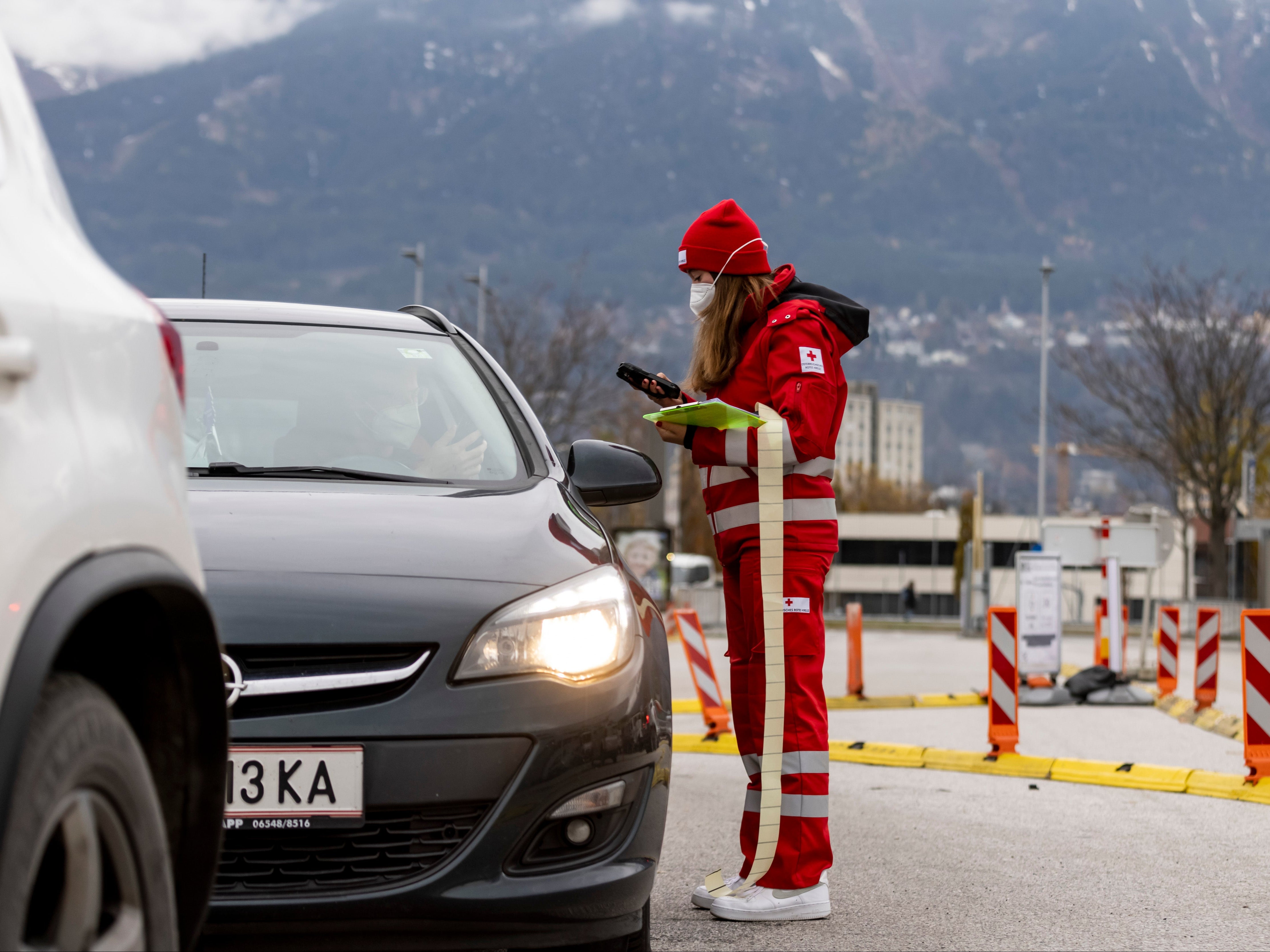Austria lockdown for unvaccinated, Holland to announce new restrictions as Europe battles next Covid surge
‘I don’t see why two-thirds should lose their freedom because one-third is dithering,’ says chancellor

Unvaccinated Austrians could be days away from a strict new lockdown as coronavirus cases soar in the alpine nation.
Officials in Upper Austria province plan to impose restrictions from Monday if given the green light by the federal government.
The move comes as fears grow across Europe about soaring Covid infection rates with other countries considering imposing new restrictions.
The Netherlands is expected on Friday evening to announce a partial lockdown. Dutch broadcaster NOS, citing unnamed government sources, reported ministers were planning to impose three weeks of measures including closing bars, restaurants and nonessential stores at 7 p.m. and banning fans from sports events.
Dutch caretaker Prime Minister Mark Rutte will address the nation this evening.
Meanwhile, Norway is recommending that everyone over the age of 18 will be offered a booster shot of the coronavirus vaccine, while the Czech Republic is requiring children to get tested for Covid as part of efforts to curtail a recent steep rise in cases.
Elsewhere in Europe, Latvia’s parliament voted on Friday to ban lawmakers who refuse the vaccine from voting on legislature and participating in discussions. Latvia, which has one of the lowest vaccination rates in the EU, was the first in the bloc to reimpose a lockdown this autumn.
In Austria, Chancellor Alexander Schallenberg said a lockdown for the unvaccinated was “probably unavoidable” and that they faced an “uncomfortable” winter and Christmas.
“I don’t see why two-thirds should lose their freedom because one-third is dithering,” he said during a visit to Bregenz in western Austria.
“For me, it is clear that there should be no lockdown for the vaccinated out of solidarity for the unvaccinated.”
Mr Schallenberg said late last month that unvaccinated people in Austria could face new lockdown restrictions if infection numbers continued to rise – which they have.
On Thursday, official figures showed Austria had 760.6 reported new cases per 100,000 residents over the previous seven days – a rate three times that of neighbouring Germany, where record numbers also are causing alarm.
Upper Austria is the country’s worst-affected region with nearly 1,200 new Covid-19 cases per 100,000 residents over the past week.
The country has taken a series of measures in recent weeks in an effort to curb the spread of the disease and encourage more people to get vaccinated.
On Monday, new rules took effect barring unvaccinated people who haven’t recovered from an infection from restaurants, hotels, hairdressing salons and large public events.
Mr Schallenberg said authorities would consider a vaccine mandate for some professional groups.
He added that the country’s vaccination rate was “shamefully low”. About 65 per cent of the population is fully inoculated.
The chancellor insisted “we can break this wave together”.
Additional reporting by Associated Press
Join our commenting forum
Join thought-provoking conversations, follow other Independent readers and see their replies
Comments
Bookmark popover
Removed from bookmarks